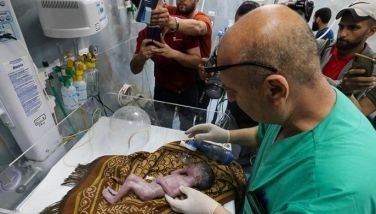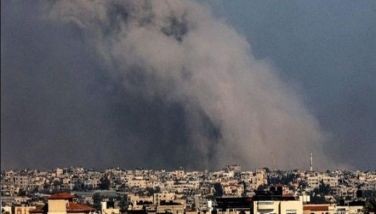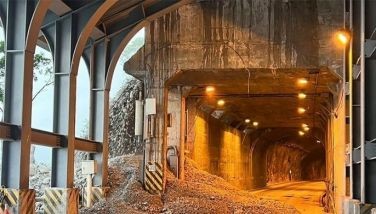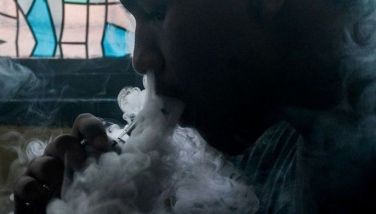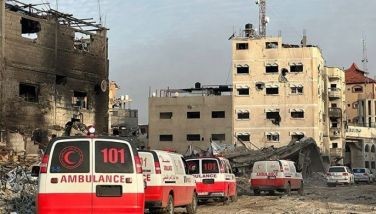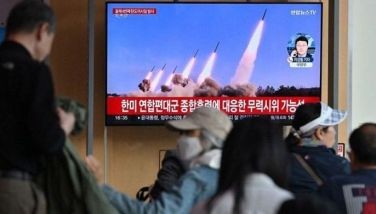Democratic Republic of Congo further delays Dec 30 poll in two conflict zones
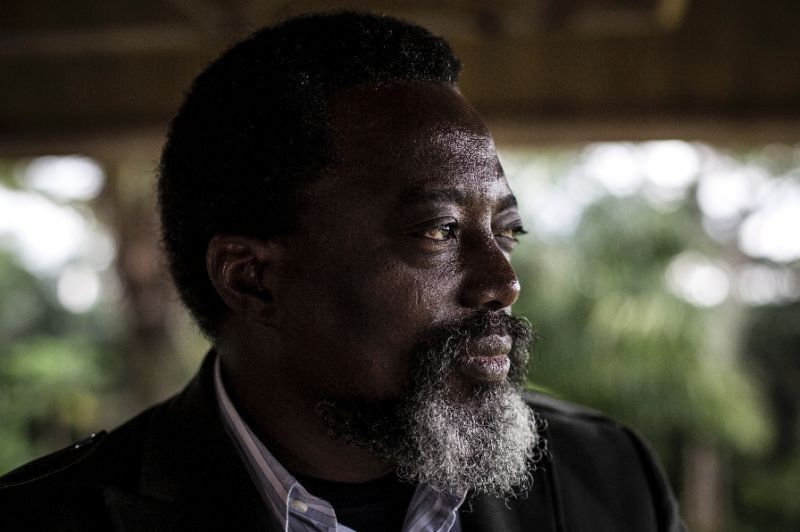
Kinshasa - Democratic Republic of Congo on yesterday announced that key elections due to take place nationwide on December 30 would be postponed to March in two regions troubled by violence.
But those delays will not affect the timetable for the presidential ballot, which is being held alongside legislative and provincial elections, the national election commission CENI said.
Already postponed three times, the elections are due to bring the curtain down on the era of President Joseph Kabila, in charge of the vast mineral-rich country for nearly 18 turbulent years.
"The elections in the Beni region and the cities of Beni and Butembo in North Kivu province as well as Yumbi in the (southwest) Mai-Ndombe province initially scheduled for December 30 will now be held in March," CENI said.
The "final results" of the presidential vote will still be published on January 15, and the next president will be sworn in on January 18, CENI said.
It did not explain how this would dovetail with the outcome of the vote in the troubled regions, which would take place much later.
Opposition figures reacted furiously to the latest electoral setback.
"This latest intrigue shows the regime wants to extend its stay in power to continue its plundering," Moise Katumbi, a former governor of Katanga province who is backing opposition candidate Martin Fayulu, said on Twitter.
"They think we're bloody idiots!" tweeted Leonie Kandolo, a member of a committee in the powerful Catholic church that staged three anti-Kabila rallies this year.
Roughly three percent of some 40 million registered voters will be affected by the delay.
The elections were due to have been held on December 23, climaxing a long period of blood-stained turbulence.
But CENI ordered a week-long postponement, blaming a warehouse fire that destroyed voting machines and ballot papers earmarked for Kinshasa.
- Unstable -
Two and a half times bigger than France and Germany combined, the Democratic Republic of Congo has a long history of political turmoil and violence.
It has never had a peaceful transfer of power since gaining independence from Belgium in 1960.
In 1996-1997 and 1998-2003 it became the theatre of two wars that left millions of dead and homeless and sucked in countries from around central and southern Africa.
Memories of the conflict haunt the region still.
In Brazzaville, the capital of the neighbouring Republic of Congo, eight countries met yesterday to discuss the situation in the DRC.
The summit gathered Angola, Botswana, Congo, Namibia, Rwanda, South Africa, Uganda and Zambia, although there was no DRC envoy.
Smaller conflicts are also unfolding in the east of the country, where swathes of the countryside are in the grip of brutal militias.
The CENI statement pointed in particular to parts of North Kivu province, affected by "a terrorist threat" and "a dangerous, ongoing epidemic of the Ebola virus" in the areas of Beni and Butembo. More than 350 people have died of the disease since August.
On the other side of the country, inter-communal clashes erupted this month in the southwestern province of Mai-Ndombe, causing at least 80 deaths and prompting thousands to flee to neighbouring Republic of Congo.
- Election woes -
Kabila took office in 2001 at the age of just 29 after succeeding his assassinated father, Laurent-Desire Kabila.
His long spell has been sharply criticised by rights and anti-corruption watchdogs, and his final years marked by protests that were bloodily quelled.
He was due to step down at the end of 2016 after reaching his constitution-limited two terms in office.
But he stayed on, invoking a caretaker clause in the constitution that enables a president to stay in office until a successor is elected.
The elections were postponed until the end of 2017 under a deal brokered by the powerful Catholic church -- and then again until 2018, when Kabila eventually confirmed he would not run again.
Three men are seen as heading a field of 21 candidates for Sunday.
They are Kabila's hand-picked successor, Emmanuel Ramazani Shadary, a hardline former interior minister; Fulyani, a little-known legislator and former oil executive backed by Katumbi and former warlord Jean-Pierre Bemba; and Felix Tshisekedi, head of the veteran UDPS opposition.
- Latest
- Trending













